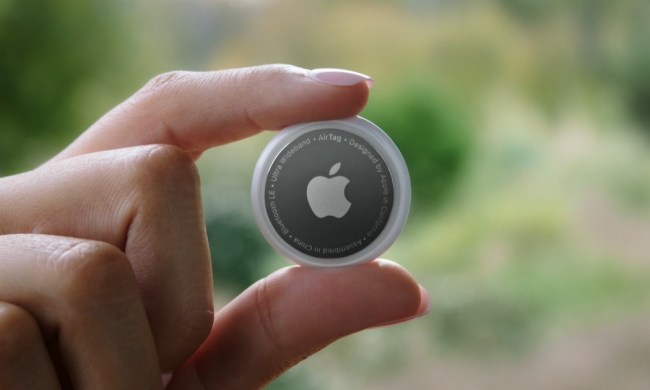At the Pixel 6 launch event, Google detailed the capabilities of its in-house Tensor chip, joining the likes of Samsung and Huawei as Android smartphone manufacturers making their own mobile chips. Now, it is being reported that Oppo too, could join them to reduce its reliance on Qualcomm.
As per a report from Nikkei Asia, Oppo is tipped to be working on high-end mobile chips for its flagship smartphones. Like Google, Oppo could be doing so to gain more control over core components. The Tensor chip allows Google to enhance its A.I. capabilities in the camera department and provide more years of security updates. Oppo’s mobile chips could provide similar capabilities to the flagship devices. It would also reduce the company’s reliance on other semiconductor manufacturers like Qualcomm and MediaTek. This chip news makes Qualcomm’s red flag tweet particularly ironic and a sign of troubled waters ahead for the company.
"We've decided to make our own smartphone SoC instead of using Snapdragon" 🚩🚩🚩🚩🚩🚩🚩🚩🚩🚩🚩🚩🚩🚩🚩🚩🚩🚩🚩🚩🚩
— Snapdragon (@Snapdragon) October 13, 2021
While Oppo hasn’t revealed any details about its chip so far, the report claims that the company plans to bring its in-house SoC to the market by 2023 or 2024. Moreover, Oppo is looking to use TSMC’s 3nm manufacturing process for its custom chips. Reportedly, Oppo is also working on custom AI algorithms and ISPs for its smartphone cameras.
In a comment on the matter, OPPO told Nikkie Asia, “any R&D investment is to enhance product competitiveness and user experience.” It is too early to say what Oppo will manage to bring to its devices with a custom chip. The question also arises if it will share the SoC with its sister companies like OnePlus and Realme. However, it is likely that we won’t hear from the company on this matter anytime soon.


